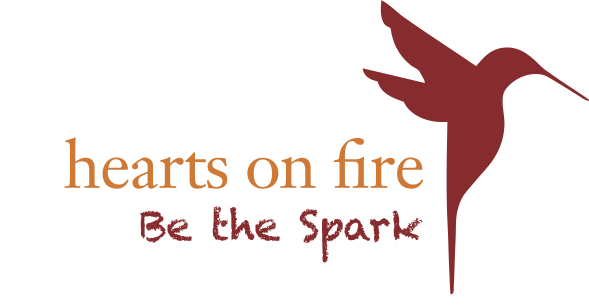Susana De Anda | Community Water Center (CWC)
Be Part of Something Big
By the time Susana De Anda was eleven she had lost both parents.
She was consumed by grief and loneliness. Susana’s devotion to her parents’ memory was fortified when she connected to her Mexican farmworker’s background through an “Aha!” moment while studying environmental issues at the University of California. Today, her work to bring clean water to California’s San Joaquin Valley is a dramatic chapter in the struggle for human and environmental justice in our own backyard.
The drinking water in the San Joaquin Valley is the worst in California, due to the pollution of the groundwater by decades of intensive use of fertilizers and pesticides, as well as the massive influx of animal factories in the region. The primary groundwater contaminant in the valley is nitrate, high levels of which can cause stillbirths, infant deaths, and cancer in adults. Farmworkers who live in Tulare County, the poorest county in California, suffer the most from this man-made plague.
In 2006 Susana and her colleague, Laurel Firestone, founded and are currently co–executive directors of the Community Water Center (CWC) in Visalia, California. Susana and Laurel are dedicated to ensuring that all communities in the San Joaquin Valley have access to safe, clean, and affordable water through community-based water solutions. Since founding CWC, Susana and Laurel have become leading voices in the fight for clean water in California; they recently opened an office in Sacramento and now have a staff of seven. CWC has been instrumental in getting legislation passed to limit the pollutants that can be used by industrial agriculture, and has joined with other clean-water advocates to secure government grants for studying the water crisis in the San Joaquin Valley.
They continue to fight for a Human Right to Water bill in the California legislature. CWC employs three primary strategies: organizing and providing legal assistance to low-income communities of color facing local water challenges; advocating for systemic change to address the root causes of unsafe drinking water; and serving as a resource for information and expertise on community water problems.
Susana is passionate about the cause of clean water. “I cannot stress it enough,” she says. “Clean drinking water is a basic human right, not a privilege. It should not be that if you are a person of color or low income you have to pay twice for water—once for water you cannot drink, and on top of that for bottled water, just to have safe drinking water in the house. That is not okay.”



